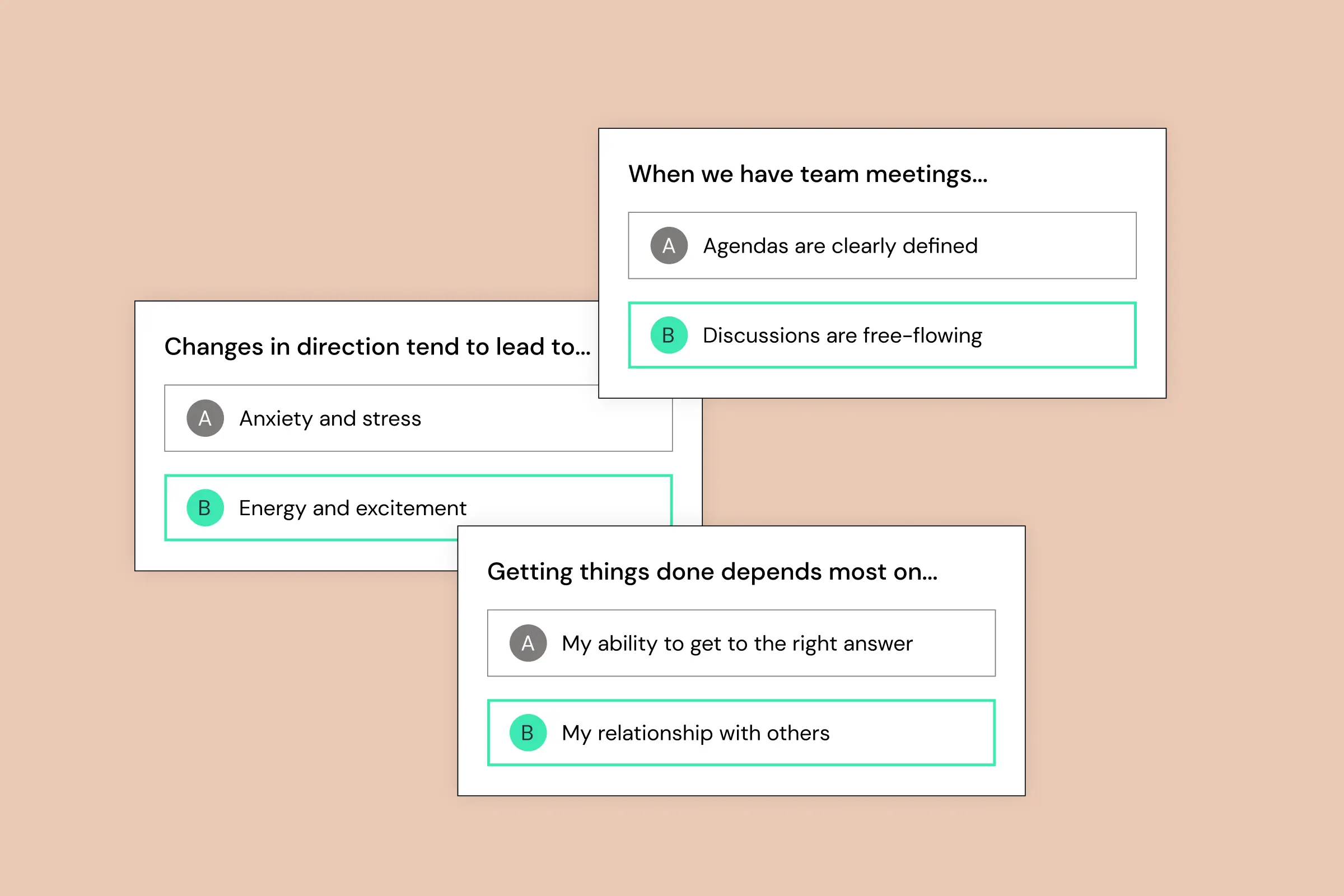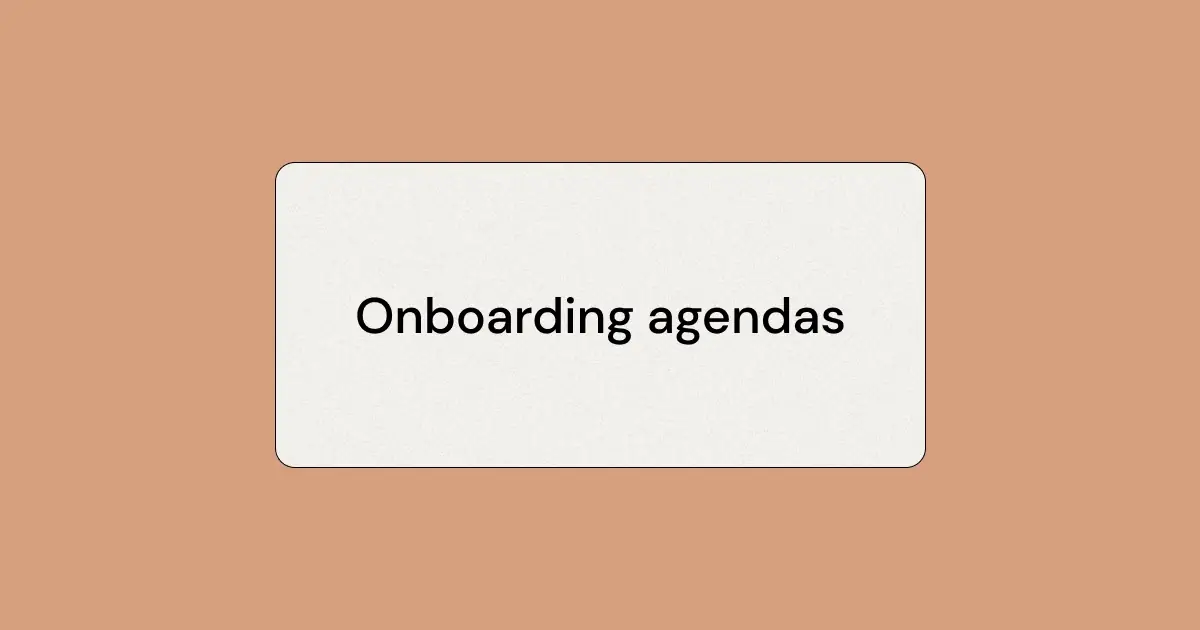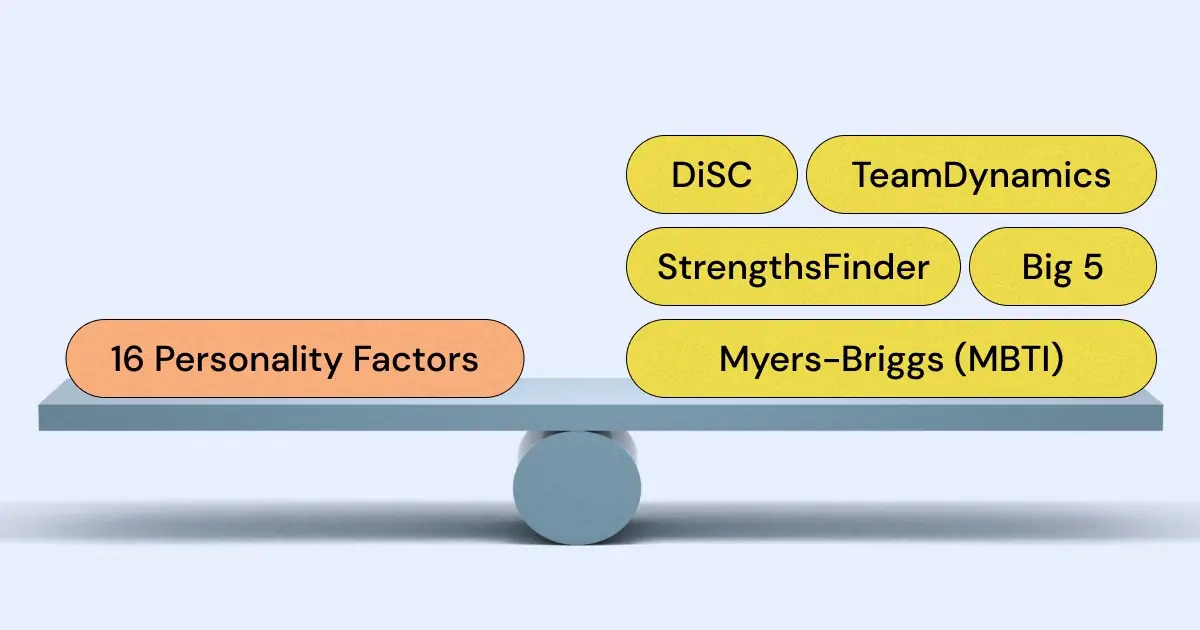??What is the importance of a structured onboarding process for new hires???
A structured onboarding process significantly impacts a company's retention and productivity. Research shows that effective onboarding can increase employee retention by up to 50% and improve productivity by 62%. Conversely, a poor onboarding experience can lower a new employee’s confidence and engagement, increasing their chances of leaving for another opportunity.
??What should be included on Day 1 of a new hire’s onboarding agenda???
Day 1 should focus on introductions and setup. Key activities include welcoming the new hire, introducing them to the team, providing a workplace tour, completing HR paperwork, and setting up all necessary tools and equipment like computers, software access, and email accounts.
??What does Day 2 of onboarding typically involve???
On Day 2, the focus shifts to basic orientation. This includes introducing the company culture, values, and mission; explaining how the new hire's role fits into the broader organization; reviewing company policies and procedures; and going over employee benefits like health insurance and paid time off.
??How should companies approach job-specific orientation for new hires???
Job-specific orientation, usually scheduled for Day 3, involves defining performance expectations, including roles, metrics, and goals. It also includes thorough training on job responsibilities, tools, and workflows. Additionally, introducing team dynamics helps the new hire understand how best to collaborate with their colleagues.
??What is the purpose of Day 4 in the onboarding process???
Day 4 focuses on professional development. It's important to assign a mentor or buddy to offer continued support and guidance. Additionally, a system should be established for providing ongoing feedback and recognition to help the new hire feel supported, valued, and motivated.
??Why is socialization an essential part of onboarding???
Socialization, typically highlighted on Day 5, helps the new hire build relationships and a sense of belonging within the team. Encouraging participation in team-building activities and providing opportunities for informal interaction can significantly enhance employee engagement and retention.
??How can managers support new hires throughout the first week???
Managers should provide structured agendas, ongoing communication, and opportunities for feedback. Daily check-ins help identify any concerns early and allow the new hire to feel heard and supported, fostering a smoother transition into their role.
??What tools can enhance team collaboration during onboarding???
Introducing the team’s preferred communication and collaboration styles is key. Tools such as personality assessments like TeamDynamics can help visualize and codify team dynamics, making it easier for new hires to understand how to effectively interact with colleagues.
??Why is it important to set clear performance expectations early???
Defining performance expectations early helps new hires understand what’s expected of them in terms of goals, metrics, and timelines. This clarity reduces confusion and sets them up for early success, contributing to better performance and job satisfaction.
??Is there a checklist available to streamline the onboarding process???
Yes, there is a helpful 10-step checklist available for onboarding a new hire effectively. It ensures nothing important is overlooked and provides a structured approach to welcoming and training new employees. You can access it via the blog’s linked resource.




.png)

.webp)








































